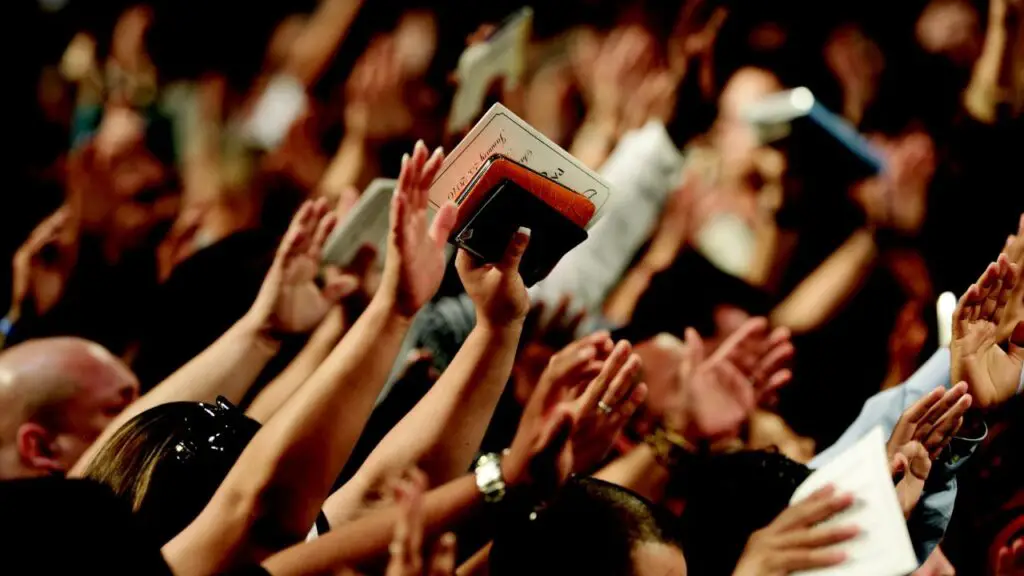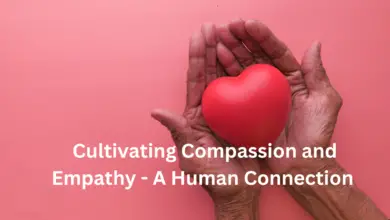Religious Conversion
"Exploring the motivations, impacts, and controversies surrounding the transformative process of changing one's religious beliefs."


Introduction of Religious conversion
Religious conversion, the process of changing one’s religious beliefs or affiliations, has been a significant aspect of human history for centuries. People have been drawn to different religions for various reasons, ranging from spiritual exploration to social and political influences. While religious conversion can foster a sense of belonging and personal growth for some individuals, it has also been a subject of intense controversy and even conflict throughout history. In this article, we will delve into the complexities of religious conversion, exploring its motivations, impacts, and the debates surrounding the practice.
Motivations for Religious Conversion
Religious conversion often occurs due to a multitude of personal and external factors. Some individuals undergo a spiritual awakening or seek answers to profound questions about life, death, and the meaning of existence. They may find solace, purpose, and a sense of community in a new faith that aligns with their beliefs and values.
Social and family dynamics can also influence religious conversion. People may convert to the religion of their spouse, partner, or the dominant faith of their community to maintain familial unity or enhance social acceptance. In some cases, religious conversion may be a means to access social services or economic opportunities offered exclusively to members of a particular faith.
Historical Context of Religious Conversion
Throughout history, religious conversion has played a pivotal role in shaping societies and civilizations. Missionaries and religious leaders have sought to spread their faith, sometimes through peaceful dialogue and at other times through force or coercion. One notable example is the spread of Christianity during the European colonial era, which led to the conversion of indigenous populations in various regions.
Similarly, Islam’s expansion into Africa and Asia was accompanied by religious conversion, as Muslim traders and scholars disseminated their beliefs to local populations. Hinduism and Buddhism have also undergone periods of expansion and contraction due to the influence of religious conversion.
Impact on Identity and Culture
Religious conversion can profoundly impact an individual’s identity, leading to a new sense of self and belonging within a religious community. This process can lead to personal growth, spiritual fulfillment, and a stronger sense of purpose. On the other hand, the conversion may also result in the loss of one’s cultural and religious heritage, which can lead to feelings of alienation and cultural disconnect.
At the societal level, religious conversion can lead to clashes between different religious groups, resulting in social tensions and even violence. In areas with diverse religious communities, religious conversion can be a point of contention as different groups vie for dominance and influence. This can lead to the politicization of religion and exacerbate pre-existing social divisions.
Controversies Surrounding Religious Conversion
Religious conversion has sparked numerous controversies and debates across the globe. Critics argue that some conversion practices are driven by ulterior motives, such as proselytization efforts to increase the numbers of a particular faith or to exploit vulnerable populations. They point to instances of forced conversion, which violates principles of religious freedom and human rights.
Some nations have implemented anti-conversion laws to regulate religious conversion and prevent coercive practices. However, such laws have also faced criticism for potentially limiting individuals’ right to freely choose their beliefs and affiliations.
Religious Conversion and Human Rights
The issue of religious conversion intersects with broader discussions on human rights and religious freedom. The Universal Declaration of Human Rights, adopted by the United Nations in 1948, states that everyone has the right to freedom of thought, conscience, and religion. This includes the freedom to change one’s religion or belief and to manifest it in teaching, practice, worship, and observance.
Despite the existence of these international declarations, the reality is that religious conversion is not always free from pressure or external influences. Governments, religious institutions, and societal norms can all play a role in shaping the climate in which conversion decisions are made.
Conclusion
Religious conversion is a complex and multifaceted phenomenon that has both positive and negative consequences. It can offer individuals a profound sense of belonging and spiritual fulfillment, but it can also lead to social tensions and clashes between different religious communities. It is essential to promote religious freedom and respect individuals’ rights to choose their beliefs while ensuring that conversion practices remain ethical, respectful, and free from coercion.
Open and inclusive dialogue between religious communities, policymakers, and civil society is vital to address the challenges and controversies associated with religious conversion. By fostering an environment of understanding and mutual respect, societies can navigate the complexities of religious conversion and promote a more harmonious coexistence of diverse faiths.
What is religious conversion?
Religious conversion refers to the process of changing one’s religious beliefs, affiliations, or faith traditions. It involves adopting a new set of religious principles and practices, often involving a shift away from one’s previous religious or non-religious identity.
What motivates people to undergo religious conversion?
People may convert to a new religion for various reasons, including spiritual exploration, a search for meaning and purpose, a desire for belonging within a religious community, social or familial pressures, and exposure to new cultural influences.
Is religious conversion common?
Yes, religious conversion has been a common aspect of human history and is still prevalent in contemporary societies. It occurs across different religions and cultures, both voluntarily and under various external influences.
What are the positive impacts of religious conversion?
Religious conversion can offer individuals a renewed sense of purpose, spiritual fulfillment, and a feeling of belonging within a community that shares their beliefs and values. It can also foster personal growth and lead to positive lifestyle changes.
Are there any negative consequences associated with religious conversion?
Religious conversion can lead to strained relationships with family and friends who may not understand or accept the change. Additionally, in certain contexts, conversion may trigger social tensions and conflicts between different religious groups.
Can religious conversion be forced?
Yes, in some cases, religious conversion may be coerced or forced, either through social pressures, legal mechanisms, or even threats of violence. Such instances of forced conversion are a violation of the principles of religious freedom and human rights.
How do anti-conversion laws impact religious conversion?
Some countries have implemented anti-conversion laws to prevent coercive or fraudulent conversion practices. While intended to protect individuals from forced conversions, these laws have also faced criticism for potentially restricting genuine religious freedom.
What role does religious conversion play in history?
Throughout history, religious conversion has played a significant role in shaping societies and civilizations. It has been associated with the spread of religions across continents and influenced cultural, political, and social landscapes.
Can religious conversion lead to cultural assimilation?
Yes, religious conversion can sometimes lead to cultural assimilation, as individuals may adopt not only new religious beliefs but also the customs, traditions, and practices associated with their new faith community.
How can societies address controversies surrounding religious conversion?
Open and respectful dialogue between religious communities, policymakers, and civil society is crucial to address controversies related to religious conversion. Promoting religious freedom and ensuring ethical practices during the conversion process can foster understanding and harmony among diverse faiths.





